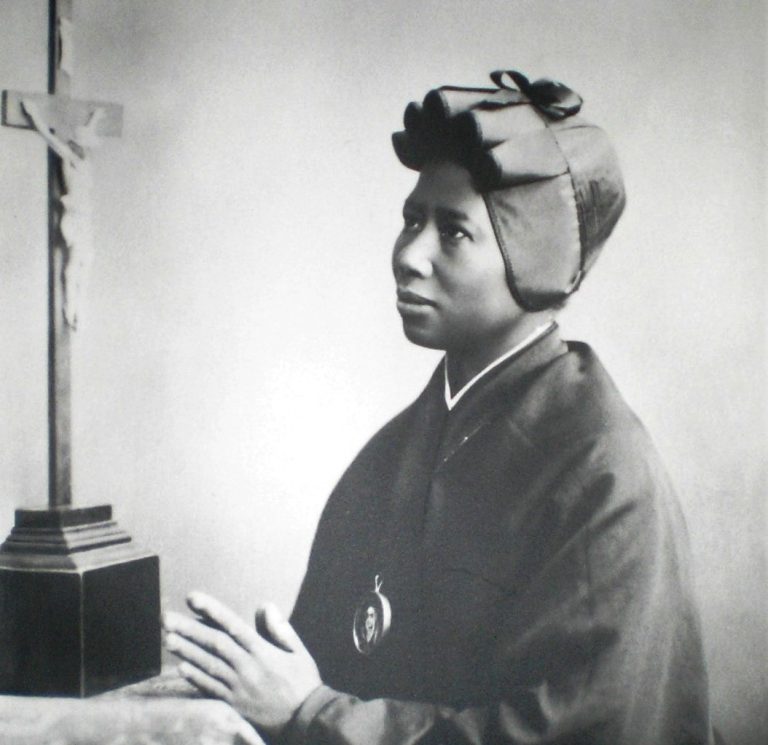
Welcome to Episode 18 of Saint of the Week. Today, we spotlight Saint Jerome, one of the most influential figures in Christian history — a priest, theologian, and translator whose passion for Scripture helped shape the faith of generations. Best known for translating the Bible into Latin, Jerome remains a towering figure in the Church’s intellectual and spiritual tradition.
Early Life and Education
Saint Jerome was born around 347 AD in Stridon, a town near the border of modern-day Croatia and Slovenia. His parents were Christian and ensured he received a strong classical education. He later studied in Rome, where he was exposed to the best Latin authors and became an exceptional linguist.
Although Jerome was baptized in Rome, he struggled spiritually in his youth. His pursuit of academic success and worldly knowledge often competed with his growing desire to serve God.
Jerome’s spiritual turning point came during a journey to the East, where he fell seriously ill. In a vision, he saw Christ rebuking him for loving classical literature more than Scripture. This moment inspired him to dedicate his life to studying, living, and defending the Word of God.
He eventually settled as a monk in the desert of Chalcis (modern-day Syria), where he lived a life of penance, prayer, and deep study — especially of Hebrew, a rare pursuit among Christian scholars at the time.

The Vulgate: His Monumental Work
Jerome was later called back to Rome to serve as secretary to Pope Damasus I. It was during this time (circa 382 AD) that Jerome began the monumental task of translating the Bible into Latin — a version that would become known as the Vulgate.
Prior to the Vulgate, different Latin translations of Scripture were inconsistent and often inaccurate. Jerome’s translation brought clarity, uniformity, and scholarly rigor. He translated most of the Old Testament directly from Hebrew (rather than Greek), and revised the New Testament from earlier Latin versions.
The Vulgate became the Church’s official Latin Bible for over 1,000 years and remains an essential reference to this day.
Defender of the Faith
Saint Jerome was known not only for his scholarship but also for his fiery personality. He wrote passionately against heresies, criticized moral corruption within the Church, and engaged in intense theological debates. While his tone was often sharp, his motivation was pure: to defend the truth of the Gospel and lead others to salvation. Despite his controversial style, even his critics respected his intellect and holiness.
Final Years and Death
In his later years, Jerome retired to Bethlehem, where he established a monastery and continued his work in study and writing. He spent his days in prayer, translating, and guiding pilgrims and monks who sought his wisdom.
Saint Jerome died on September 30, 420 AD, in Bethlehem. His tomb lies near the traditional site of Christ’s birth.

Canonization and Legacy
Though canonized by early tradition before the formal canonization process existed, Saint Jerome is honored as a Doctor of the Church, a title reserved for those whose teaching is especially important to Catholic theology. He is the patron saint of biblical scholars, translators, librarians, and those who love Scripture.
His feast day is celebrated on September 30.
Saint Jerome reminds us of the power and necessity of Scripture in our daily lives. His fierce commitment to truth, his intellectual discipline, and his love for God’s Word challenge us to dive deeper into the Bible and grow in knowledge and faith.
📖 “Ignorance of Scripture is ignorance of Christ.” — Saint Jerome
👉 Join us next week for another powerful edition of Saint of the Week, as we continue our journey through the lives of those who shaped the Church and continue to inspire us today.






